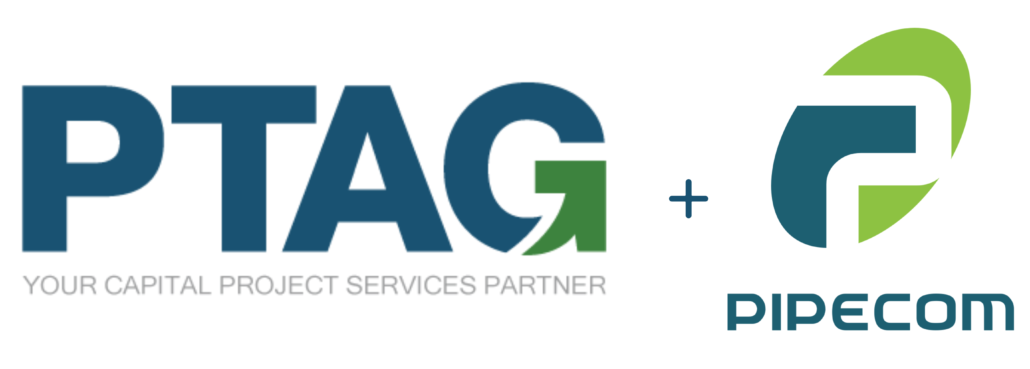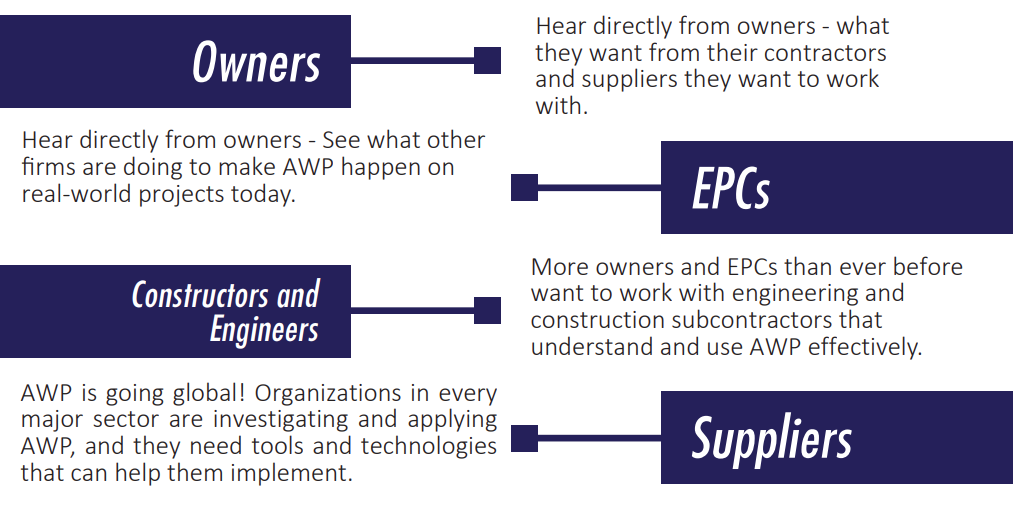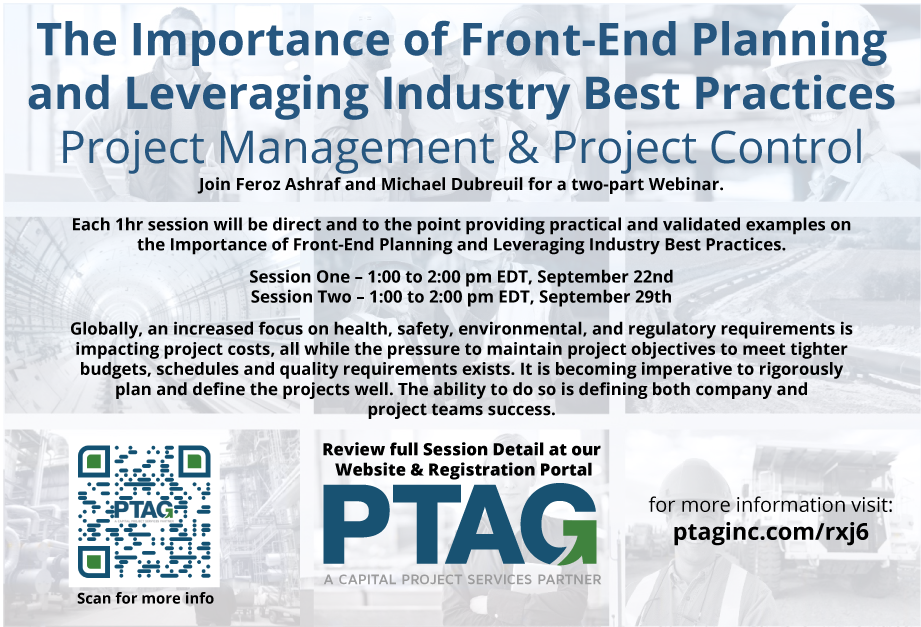PTAG and PipeCom: Taking the uncertainty out of Pipeline Project Transitions

Seamless Transition from Commissioning to Operation in Pipeline Construction
In the dynamic world of pipeline construction, the critical transition phase from commissioning to operational deployment is often fraught with challenges. PTAG is pleased to announce a strategic collaboration with PipeCom, aiming to revolutionize this pivotal stage and guarantee an unbroken continuum from construction to full-scale operation. This partnership is a game-changer for the industry, embodying a synergy that enhances the transition process to new heights of efficiency and safety.
Key Benefits of Our Collaboration
Streamlined Commissioning
Our combined expertise stands as a cornerstone of the collaboration, ensuring a smoother commissioning phase. PTAG and PipeCom are dedicated to overcoming the common obstacles that can impede project momentum. This strategic alliance sets the stage for successful project completion, aligning our robust project management advisory and construction management strategies with PipeCom’s technical prowess.
Proactive Problem Solving
Through the leveraging of extensive field experience, our teams are adept at early issue identification, which is pivotal for a seamless handover. This collaborative effort enhances operational safety and ensures that projects are not only executed according to plan but also uphold the highest standards of safety and efficiency.
Optimized Project Outcomes
Our support system is designed to position your projects for success, emphasizing not just timely completion, but also embedding the principles of efficiency and safety from the outset. PTAG and PipeCom are reshaping the way projects cross the finish line, ushering in a new era of operational readiness.
Why This Matters
The transition from construction to operational deployment is a pivotal process in pipeline projects that extends beyond the physical infrastructure. It encompasses the integration of critical technology systems that often operate from remote or offsite locations. The successful commissioning of these systems—such as measurement systems, SCADA (Supervisory Control and Data Acquisition), leak detection, and other pipeline applications—is vital for the operational integrity and efficiency of the entire pipeline system.
Traditionally, these technological aspects could be overlooked, or they may fall outside the scope of conventional construction and commissioning projects. This oversight can lead to operational delays, increased costs, and potential safety risks. PTAG and PipeCom’s collaboration is acutely focused on this aspect of project delivery, ensuring that there is a clear line of sight over all systems involved. Our joint endeavor assures that all technological components are meticulously commissioned, configured, and handed over, thereby fortifying the project’s foundation for immediate and reliable operation.
The ability to provide a holistic and integrated approach to commissioning not only streamlines the entire process but also enhances the reliability and safety of pipeline operations. This integration is pivotal to manage and mitigate the risks associated with the transition phase effectively, and it ensures that operational readiness is achieved with precision.
The partnership between PTAG and PipeCom underscores our commitment to not just meeting but exceeding the industry standards by embracing a comprehensive view of project completion. This approach minimizes potential risks to project timelines, budgets, and most importantly, safety protocols. Our joint initiative transforms this critical stage into a strategic advantage, setting new benchmarks for operational readiness and long-term success in the pipeline sector.
By bringing together PTAG’s comprehensive project management and project control capabilities with PipeCom’s engineering management capabilities, we are setting a new standard in the industry. This partnership underlines our commitment to delivering client-centric solutions that meet the unique needs and challenges faced by our clients.
As we embark on this journey together, PTAG and PipeCom look forward to fostering progress and setting new benchmarks for excellence in the pipeline construction domain. Stay tuned for updates on this exciting partnership and how it continues to yield successful project outcomes.
For more information about how our collaborative efforts can benefit your pipeline construction and operational deployment, please contact us. Together, let’s pave the way for seamless project transitions and optimized outcomes.









